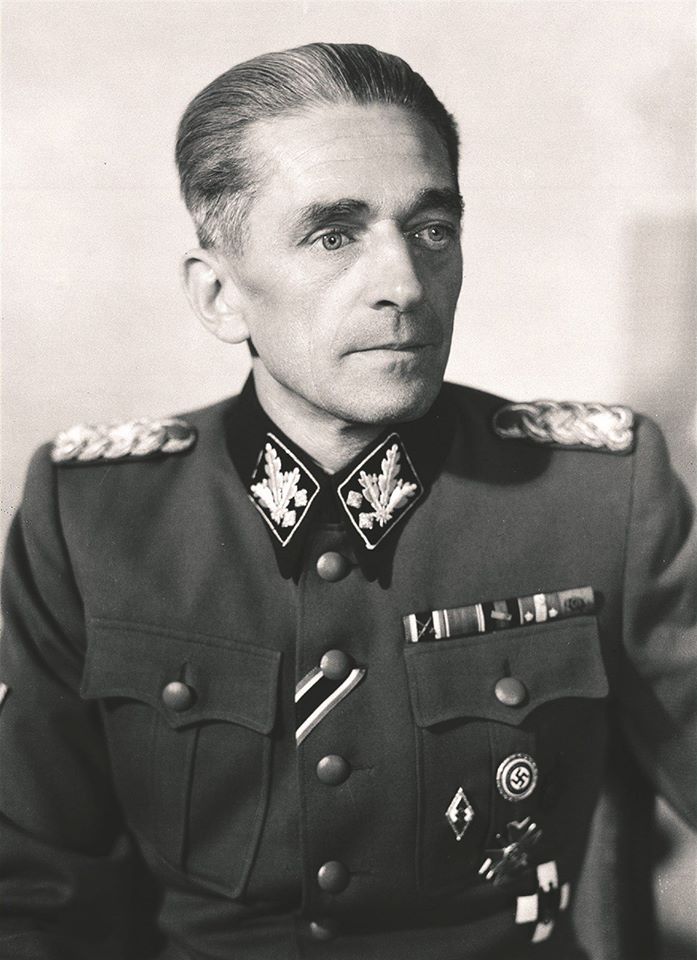Děkuji za článek. Opět moc zajímavé čtení. 
23.2. 1943 speech K. H. Frank in Lucerna
Categories: Personalities , Second World War , War crimes , Calendar
Increased demands on labour, total deployment in the Reich and the liquidation of production irrelevant to the war. This followed a speech by the State Secretary of the Reich Protector's Office, K. H. Frank, which he delivered on February 23, 1943 in the Lucerna in Prague.
Germany was already experiencing labour shortage problems before the start of the Second World War. The crisis was exacerbated when men had to enlist in the army. Individual recruitment was therefore carried out. By the beginning of 1941, more than 1.5 million foreign workers were already working in the Reich, and a year later forced labour camps were established.
According to expert estimates, around 13.5 million people were deployed in Germany, of whom 640,000 were residents of the Protectorate of Bohemia and Moravia. "Frank stated before the People's Court that 300,000 people were deployed. But Leopold Chmela, who prepared the expert report, proved that it was twice as many," saidFrantišek Mainuš writes in his book Total Deployment of Czechs for Work in Germany 1939-1945.
Those who resisted and did not want to do forced labour could end up in a concentration camp. Six thousand Czechs did not return home, and another sixty died within two years after the end of the war from infectious diseases and exhaustion.
"Since there were four hundred of us, it happened that they often did not keep up, and then the German soldiers had peeled potatoes for lunch, and we had potatoes in their skins. The portions also differed, we had two small pieces of meat floating in our goulash and the soldiers had plates full of meat. Unlike us, the Germans did not know dumplings or cabbage. At lunch we were given bread, butter and a piece of salami, which was dinner. We divided the bread into three parts, which had to last us for the whole day," Alois Bačák, for example, who worked in Ludwigshafen, reminisced for the Bušičovský bulletin.
Frank's aforementioned speech on 23 February 1943 in the large hall of the Lucerna in Prague was crucial for the Czech people. He was sometimes laughed at because some thought he was imitating Adolf Hitler. As Jan Masaryk, for example, claimed at the time. After the war, Frank stood trial and was found guilty on several counts. And one of them was that he had ordered forced or compulsory labour for the benefit of the German war effort.
"And in the making and execution of such an order, he aided and abetted in the making and execution of such an order by the inhabitants Republic were compelled to work in foreign countries or under circumstances or in places dangerous to their lives and health, by aiding and abetting in the imposition of of the employment of Czech workmen and employees in Germany and in the arms factories, by carrying out the order of total deployment and deployment in the construction of trenches in Austria and southern Moravia," the judgment reads.
Frank was sentenced to death. The execution was carried out in the large courtyard of Pankrác Prison, with about a thousand people watching. And that included the women of Lidice.

Sources: www.městobudisov.cz, František Mainuš: Totally deployed Czechs at work in Germany 1938-1945, Emil Hruška: K. H. Frank: Known and Unknown
The article is included in categories:



